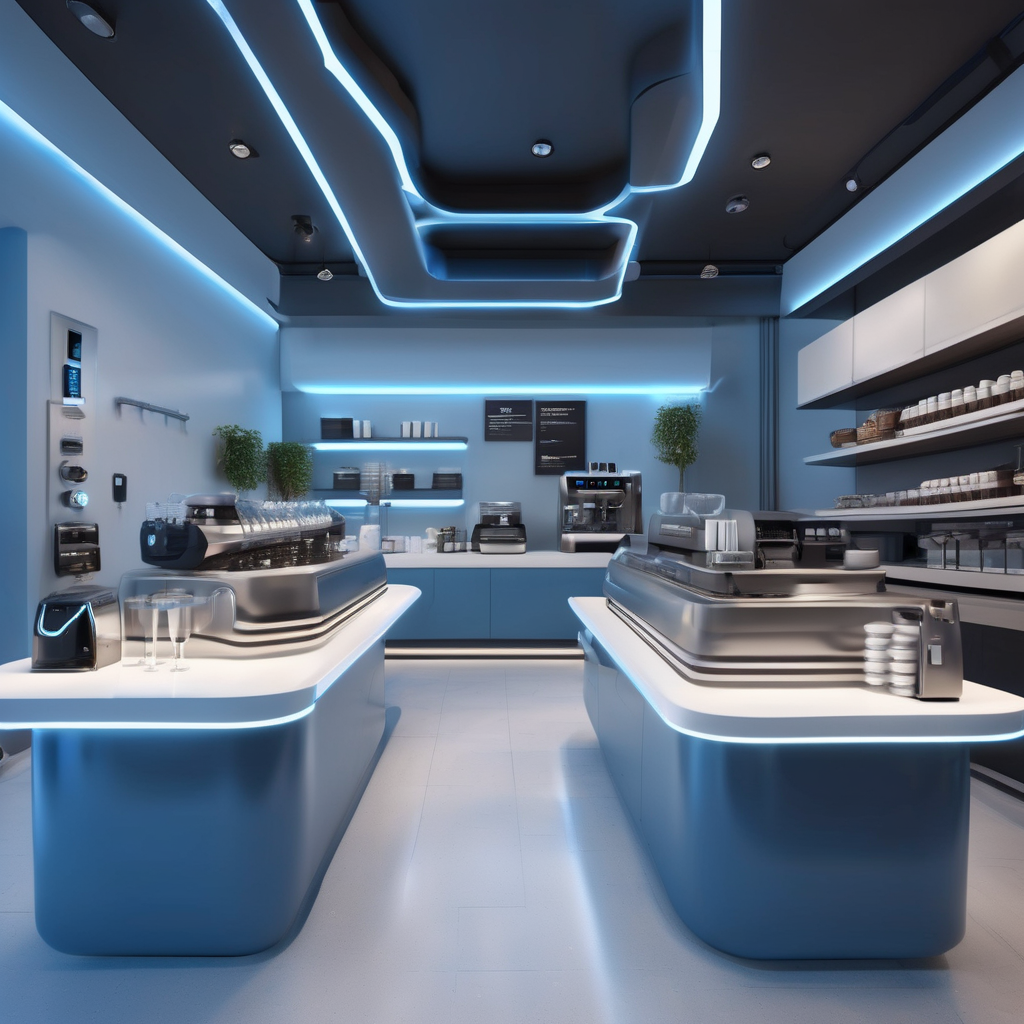
By Zara Stone, Published Oct. 18, 2025 • 6:00am Recently, San Francisco-based AI company Perplexity surprised many by opening a coffee shop in South Korea. Located in Seoul’s upscale Cheongdam-dong neighborhood, Café Curious features an AI DJ selecting music, but otherwise appears like a typical café, with human baristas serving iced Americanos and Perplexity-branded merch resembling standard coffee shop swag. The AI connection becomes evident only at checkout, where customers are asked if they are Perplexity Pro subscribers; saying “yes” grants a 50% discount on drinks, while “no” triggers a QR code to start a free one-month trial of the $20 subscription service. This café aligns with a wider trend among AI companies using physical venues—often coffee-themed—to engage consumers. Alongside Perplexity, firms like Anthropic and Notion have deployed coffee pop-ups to build their brands. In early October, Anthropic held a weeklong pop-up promoting its Claude chatbot inside Graydon Carter’s Air Mail Newsstand in New York, serving free coffee and swag to over 5, 000 visitors. Their “thinking” baseball caps became viral social media hits, with one fan even flying to NYC specifically for the hat. Other examples abound: Microsoft hosted “Coffee with Copilot” events last year at 20 Best Buy stores nationwide; Modal AI partnered with coffee-pod startup Cometeer in November for branded giveaways; Ramp, an AI fintech, frequently runs coffee-cart pop-ups; and Notion has operated “Cafe Notions” pop-ups since 2022 to create casual meeting spaces for founders, engineers, and product thinkers. Perplexity’s stated aim with the Seoul café is to forge a “physical touchpoint between AI and everyday life, ” according to spokesperson Beejoli Shah, who cited Seoul’s blend of technology and culture as a key reason for choosing the location, though the company remains silent on plans for a San Francisco outpost.
Inside, patrons find a podcast studio and a computer running Perplexity’s search engine, highlighting the core purpose: encouraging users to try the AI service. The Seoul café builds on Perplexity’s earlier coffee endeavors, including a Curiosity Café truck offering free drinks during New York’s Tech Week in June and a Perplexity-branded coffee bean line sold online—though notably, the café itself does not use these beans. Brand strategists view this AI-coffee crossover as a tactic to stand out in a crowded market. Karine Hsu, CEO of creative agency Slope, explains that with AI products feeling commoditized, companies adopt in-person experiences similar to those in beauty, fashion, and lifestyle sectors to foster consumer connection. Ashley Wong Tsui, CEO of merchandise firm Gemnote, adds that such real-life marketing humanizes AI brands by blending digital sophistication with tactile, enjoyable experiences like coffee service and merch giveaways, which tap into fundamental human pleasures and boost dopamine. Perplexity’s café ambitions surfaced publicly in March via an interview with Henry Modisett, VP of design, who compared having a café to Capital One’s hybrid bank locations as a logical extension: “Coffee felt like a cute way to weave Perplexity into someone’s daily routine, ” said Nihana Rayani, head of Perplexity Supply. “They get started with a cup of coffee. It supercharges them for the day. It invites that open-mindedness to be curious. ” In summary, Perplexity’s Seoul coffee shop exemplifies a broader movement where AI companies use coffee-centric physical spaces to create brand interaction points, blending technology with lifestyle to attract and engage consumers in increasingly competitive markets.
Perplexity Launches AI-Driven Coffee Shop in Seoul Blending Technology and Lifestyle


On Saturday, President Donald Trump shared an AI-generated video showing him in a fighter jet dropping what appears to be feces onto U.S. protesters.

Nvidia Corp.
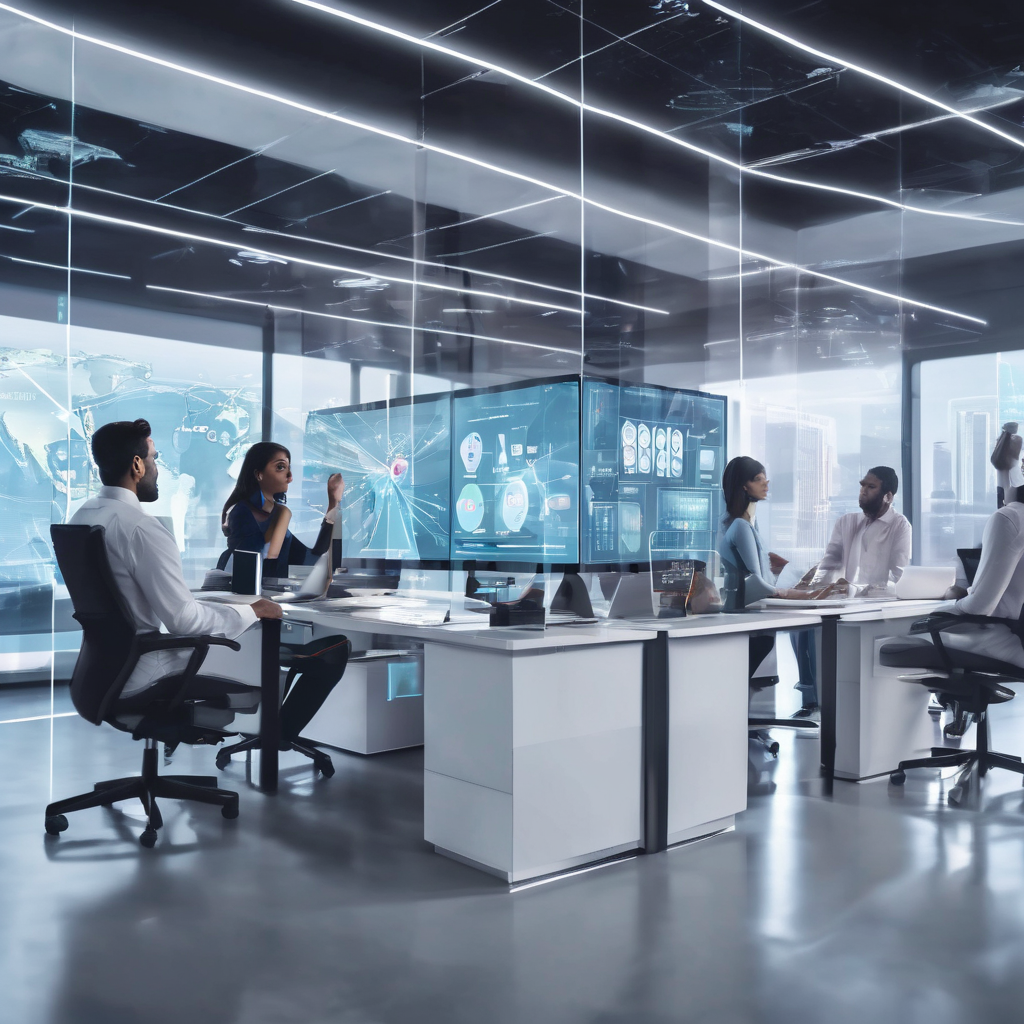
Microsoft India’s integration of artificial intelligence (AI) into its sales operations is delivering impressive outcomes, notably enhancing the company’s top-line growth and speeding up deal closures.

Artificial Intelligence (AI) is rapidly reshaping the field of Search Engine Optimization (SEO), fundamentally changing how search engines rank websites and how marketers devise their strategies.
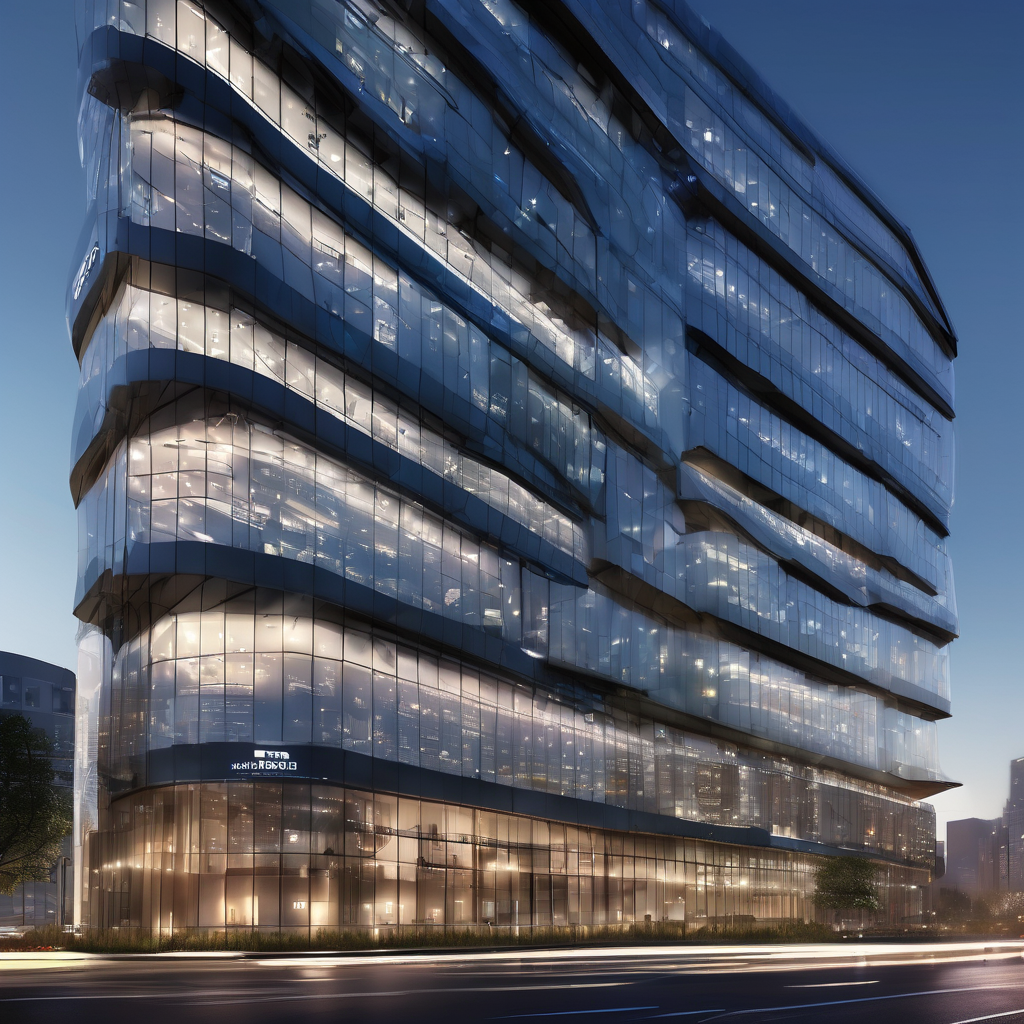
The Hitachi Group has agreed to acquire synvert, a Germany-based company, as a wholly owned subsidiary of its US subsidiary, GlobalLogic Inc., from Maxburg, a private equity fund specializing in founder-led technology firms in the German-speaking region.
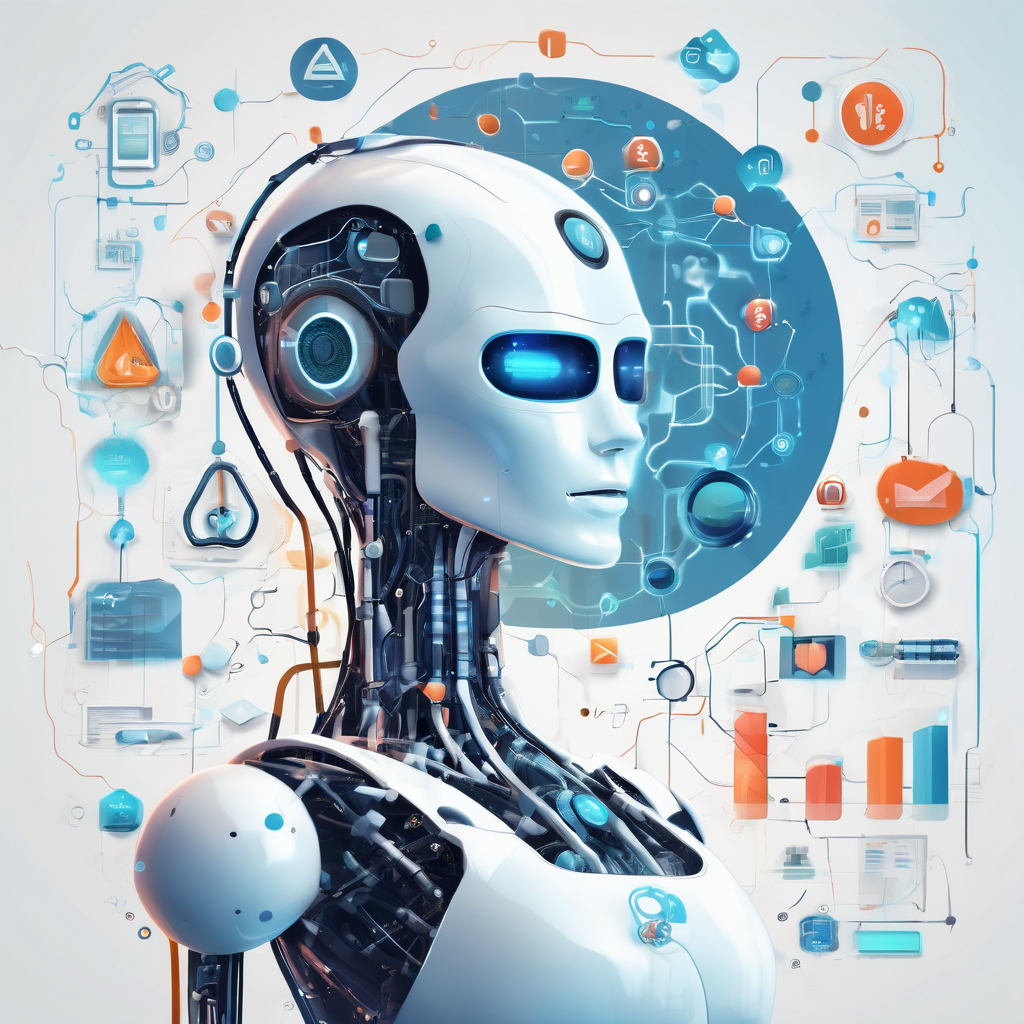
This article explores the evolving interplay between AI and SEO, highlighting the ongoing importance of robust SEO practices in the era of artificial intelligence.
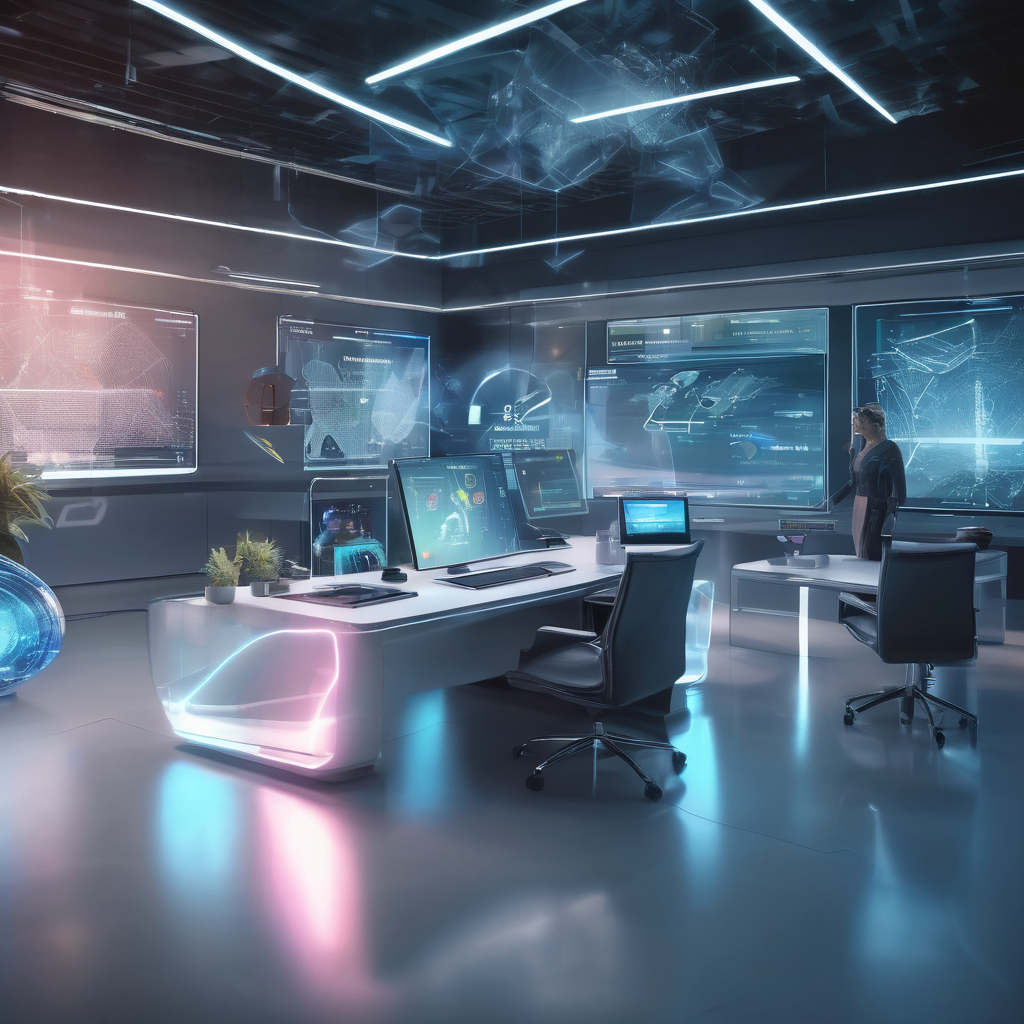
The company announces that it intends to use the newly acquired funding to broaden its operations and enhance its AI-driven sales training technology, which features interactive simulations.
Automate Marketing, Sales, SMM & SEO

and get clients on autopilot — from social media and search engines. No ads needed
and get clients today